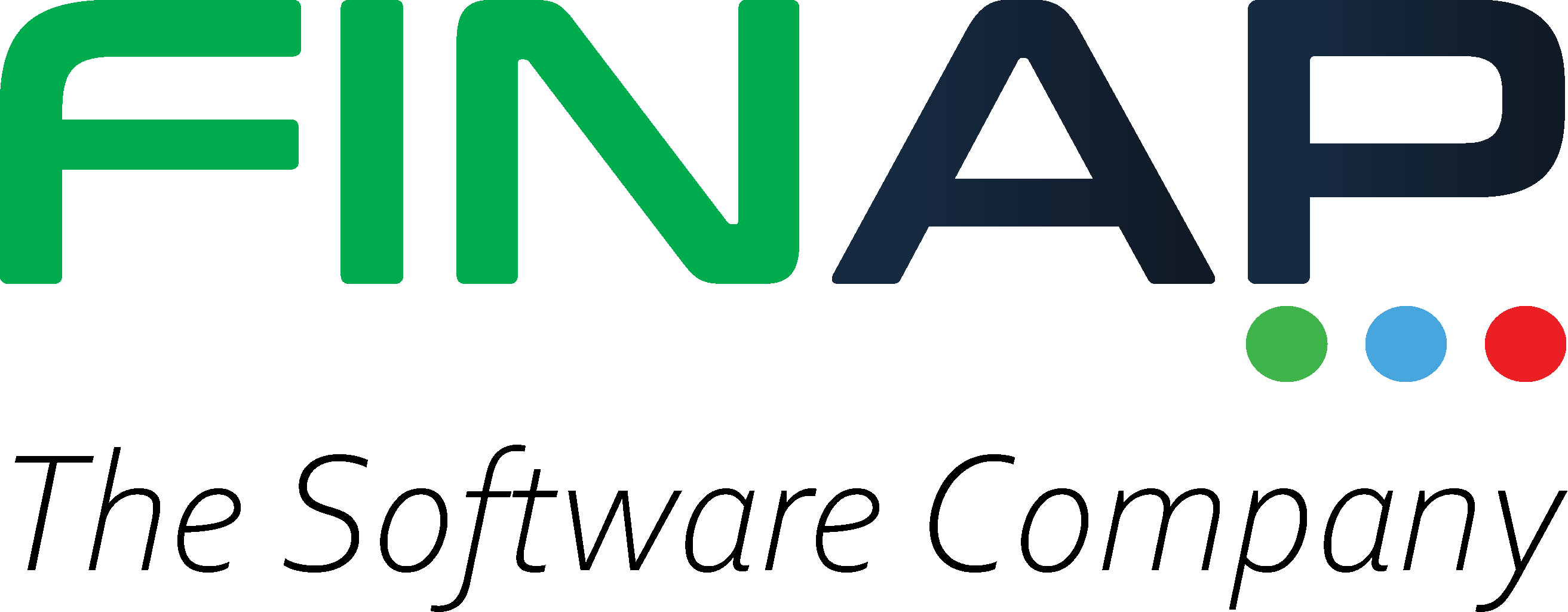Handling orders efficiently across various sales channels has become critical for businesses as customer expectations continue to rise. From online orders and in-store pick-ups to app-based purchases, managing all these processes can seem overwhelming. This is where an Order Management System (OMS) plays a key role in Supply Chain Management (SCM), quietly optimizing every stage of order processing. Whether it’s an eCommerce transaction or a physical store sale, OMS connects everything, providing a seamless experience for customers and ensuring smooth business operations.
What is an OMS?
An Order Management System (OMS) is a software platform that manages the full order lifecycle, from order capture to fulfillment, returns, and customer service. It provides businesses with the tools they need to efficiently process orders from multiple channels—whether online stores, brick-and-mortar shops, or third-party marketplaces.
At its core, an OMS streamlines order management by centralizing operations. It automates manual tasks and offers real-time data on inventory, shipping, and customer interactions. This comprehensive view ensures businesses stay on top of their supply chain, reduce human errors, and improve overall order processing times.
Why OMS is Important for SCM
As part of the broader SCM strategy, an OMS helps businesses optimize how they receive, process, and fulfill orders. Here’s why it’s essential for efficient supply chain operations
1. Improved Order Processing
By automating key functions like order validation, allocation, and shipment, an OMS significantly reduces errors and speeds up the fulfillment process. This is particularly important during peak seasons when businesses experience high order volumes.
2. Inventory Accuracy Across Channels
With real-time visibility into inventory levels across all stores, warehouses, and distribution centers, an OMS ensures accurate stock levels and prevents over-promising or stockouts. Businesses can fulfill orders from the most optimal location, reducing shipping costs and delivery times.
3. Customer-Centric Fulfillment Options
An OMS supports various delivery models, such as Buy Online, Pickup In-Store (BOPIS), curbside pickup, or home delivery. This flexibility meets modern customer demands for convenience, allowing businesses to offer a more personalized shopping experience.
4. Efficient Returns Management
A well-integrated OMS simplifies the return process, making it easy for businesses to process returns and restock items efficiently. This improves customer satisfaction and ensures inventory is updated immediately.
How Does an OMS Work?
An OMS integrates with various systems to streamline and optimize every step of the order fulfillment process, helping businesses deliver a smooth experience to customers. Here’s how it works:
· Order Capture: The OMS consolidates orders from different sales channels (online, physical stores, mobile apps) and selects the best method to fulfill the order.
· Inventory Synchronization: It updates inventory data in real time, ensuring that stock availability is accurate across all channels.
· Order Fulfillment: OMS selects the most efficient fulfillment method based on factors like proximity to the customer and shipping costs.
· Returns Management: It handles the return process, restocking items for future sales and issuing refunds or exchanges quickly.
Choosing the Right OMS for Your Business
For companies aiming to scale, selecting the right OMS solution depends on the complexity of their supply chain and business model. Consider these factors:
1. Seamless Integration
Your OMS should integrate with existing business systems like Enterprise Resource Planning (ERP), Customer Relationship Management (CRM), and Warehouse Management Systems (WMS). This ensures a smooth flow of data across departments and avoids process bottlenecks.
2. Scalability for Growth
As your business expands, your OMS should be able to handle increasing order volumes and more complex fulfillment requirements. Scalability ensures you can add more channels and locations without needing a system overhaul.
3. Data Analytics for Decision-Making
A good OMS provides advanced analytics that tracks key metrics such as order fulfillment times, shipping costs, and return rates. These insights help identify bottlenecks and improve the overall efficiency of your SCM.
For retailers looking to enhance their order management, FINAP’s Retail Order Management & Forecasting Solution is a robust option. It enables businesses to efficiently manage orders across different sales channels—whether websites, physical stores, or mobile apps. With integration to WMS, ERP, and CRM systems, Finap’s OMS helps streamline every aspect of order fulfillment, from capturing the order to final delivery, offering real-time inventory updates, and simplifying returns management.
FAQ: (Frequently Asked Questions)
An ERP (Enterprise Resource Planning) system manages broader business functions, including finance, HR, and procurement, whereas an OMS is specifically focused on managing the order lifecycle from order capture to fulfillment and returns.
Yes, many OMS platforms can handle international orders, accounting for multiple currencies, customs, and international shipping regulations.
An OMS enhances customer satisfaction by offering flexible delivery options, providing real-time updates on order status, and ensuring smooth returns management. This improves overall customer experience and loyalty.
Any business with a complex or multi-channel order process can benefit from an OMS, particularly retailers, wholesalers, and eCommerce companies handling large volumes of orders across different platforms.
Yes, most modern OMS platforms are designed to integrate with other systems like ERP, CRM, and WMS, ensuring that all business processes are aligned and data flows seamlessly between departments.


